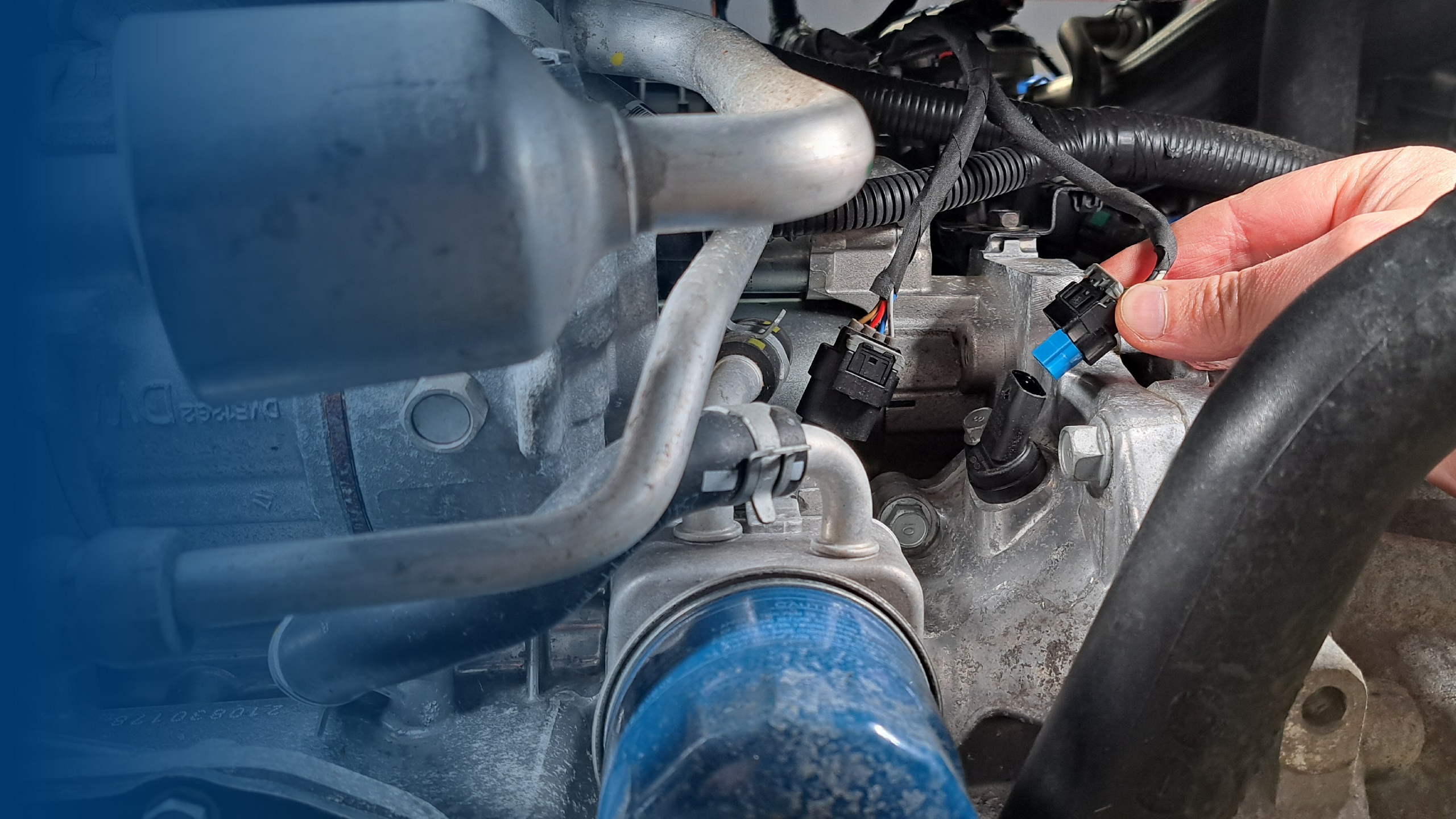If you’re facing a no-start situation with your vehicle, you may wonder if a faulty crankshaft sensor could be the culprit. Understanding the role of the crankshaft sensor and its potential impact on engine starting is crucial for effective troubleshooting. This article explores the question: Can a bad crankshaft sensor cause no start?
Can A Bad Crankshaft Sensor Cause No Start?
A malfunctioning crankshaft sensor can indeed lead to a no-start condition in vehicles. Its primary function is to monitor the crankshaft’s rotational speed and position, providing essential data to the engine’s Electronic Control Unit (ECU) for optimal ignition timing and fuel injection.

Symptoms of a Bad Crankshaft Sensor
Apart from a no-start issue, a faulty crankshaft sensor can trigger various symptoms, including:
- Engine stalling or rough idling
- Intermittent starting problems
- Reduced engine power and acceleration
- Illuminated Check Engine Light (CEL)
Diagnosing a Faulty Crankshaft Sensor
Diagnosing a faulty crankshaft sensor typically involves a combination of visual inspection, use of an OBD-II scanner, and electrical testing. The technician will check for loose connections, damaged wiring, and a secure mounting of the sensor.

With an OBD-II scanner, the technician can retrieve diagnostic trouble codes (DTCs) related to the crankshaft sensor. They will then proceed with electrical testing using a multimeter to measure the sensor’s voltage, resistance, and signal output.
Consequences of a Bad Crankshaft Sensor
A faulty crankshaft sensor can lead to a range of consequences for your vehicle’s performance. It can disrupt the ignition timing, resulting in difficulty starting, misfiring, and reduced engine power. Additionally, it can affect the fuel injection system, causing incorrect fuel delivery and potential engine damage.

Preemptive Measures and Maintenance
To avoid the consequences of a bad crankshaft sensor, it’s essential to adhere to regular maintenance schedules. This includes inspecting the sensor for signs of wear, loose connections, or damage during routine servicing.
Replacing the crankshaft sensor when necessary is crucial for optimal engine performance and reliability. It’s recommended to seek professional assistance for an accurate diagnosis and replacement.
FAQs about Crankshaft Sensors
- Can a bad crankshaft sensor cause misfiring?
Yes, a faulty crankshaft sensor can disrupt the ignition timing, leading to misfiring. - Can a bad crankshaft sensor cause stalling?
Yes, it can cause engine stalling due to incorrect signal transmission to the ECU. - Can I drive with a bad crankshaft sensor?
Driving with a faulty crankshaft sensor is not advisable as it can lead to further engine issues and safety concerns. - How do I know if my crankshaft sensor is going bad?
Some common signs include difficulty starting, engine stalling, and illuminated Check Engine Light.
Conclusion of Can A Bad Crankshaft Sensor Cause No Start
A bad crankshaft sensor can indeed cause a no-start condition in vehicles. Recognizing the symptoms, understanding the diagnosis process, and taking proactive maintenance measures are crucial for addressing this issue effectively. By adhering to regular servicing and seeking professional assistance when necessary, you can ensure optimal engine performance and avoid costly repairs.
